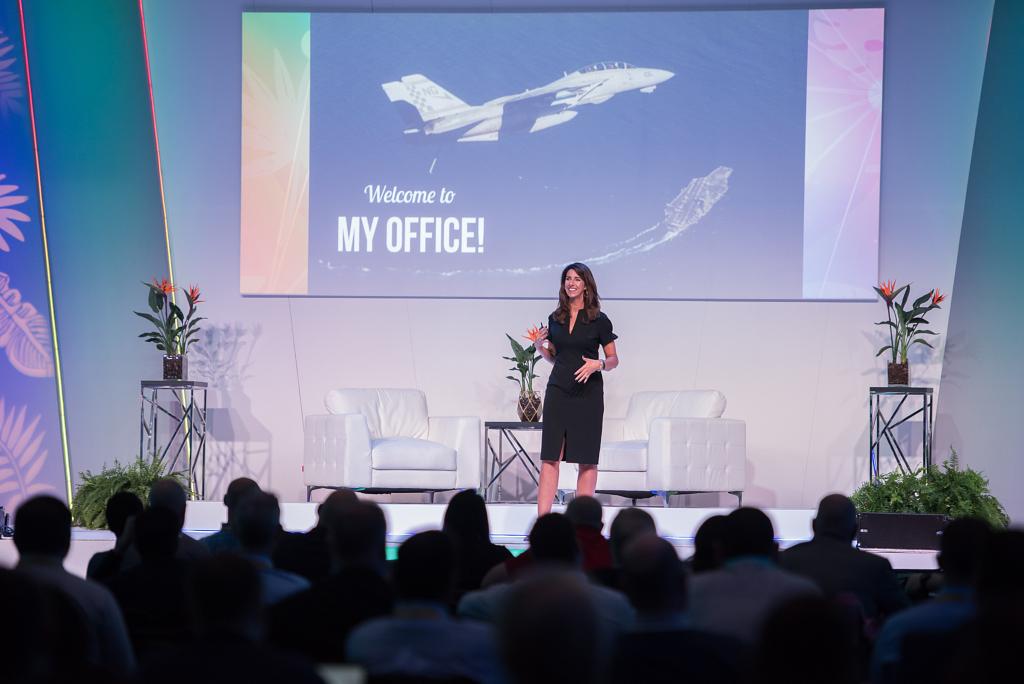In a world that often feels like it’s in constant flux, one thing remains unchanged: the power of gratitude. Have you ever paused to think about the power of a simple “Thank you”? Gratitude, often overlooked in the hustle and bustle of leadership, is more than good manners. It’s a game-changer—not just a feel-good emotion; it’s a transformative leadership tool.
It can shift perspectives, foster positivity, and improve overall job performance.
Rooted in recognition and positivity, gratitude can transform workplaces, inspire teams, and significantly improve overall organizational performance.
Seriously.
You know, intellectually, that gratitude is good for you, and undoubtedly, every time someone reminds you to be grateful, you get a twinge of guilt (perhaps mixed with a dash of annoyance/resentment) for not feeling thankful all the time.
It’s hard. But science backs it up.
Several studies have confirmed that gratitude improves physical, emotional, and mental health by combating stress, anxiety, and burnout.
Gratitude: The Unsung Hero of Leadership
Gratitude is more than just saying “thank you.”
There is a process called habituation where your brain filters out the ordinary happenings that don’t change daily, whether it’s your dishwasher running or the rush of your car engine starting. Unfortunately, while habituation is an efficient use of your brain’s neural resources, it causes a lot of the good around us all the time to go unnoticed.
This means we must actively attend to what we are grateful for and keep a record of it.
Whether it’s better sleep, less sickness, or greater happiness, a plethora of studies have traced a range of impressive benefits to the simple act of writing down the things for which we’re grateful. In most of these studies, people are instructed to write down five things, in just one line each. Those things can range from the mundane (“waking up in the morning”) to new and exciting (“getting a new house”) to the timeless (“music”).
The Impact of Gratitude on Leadership: Key Takeaways
Here’s how gratitude can make a difference in leadership:
Fosters a Positive Work Environment: Gratitude can create a positive and supportive workplace culture. It encourages individuals to acknowledge the efforts and contributions of their team members.
Increases Employee Engagement: Let your teammates know they are valued. When leaders express gratitude, it can boost morale and motivation, increasing productivity and engagement.
Strengthens Relationships: Gratitude helps build stronger relationships. When people feel appreciated, they are more likely to develop better relationships with their leaders and colleagues.
Improves Decision-Making: Gratitude can help combat decision fatigue, a common problem for leaders. Focusing on what we’re grateful for can reduce stress and improve our decision-making ability.
Gratitude: More Than Just a Nicety
Too often, I work with teams that move too quickly from one goal to the next, from one challenge to another, without ever taking the time to acknowledge the excellent work done.
During times of uncertainty and high-ops tempo, if you’re not taking a second to say, “Thank you,” send the chocolates, or specifically call out and waggle a virtual high-five to your teammates across Zoom or Webex who are doing a great job? That’s a lost opportunity to boost morale, remind your team that their work matters, and show that you value them.
Attaboys cost very little, but teammates who don’t feel valued can cost you everything.
The truth is that happiness, feeling valued, and achievement are tightly intertwined.
Encouragement and appreciation shouldn’t be saved just for the end of a project or process. As fighter pilots, for example, we were constantly shifting between nonstop risk management and trying to maintain a positive, can-do attitude in challenging, life-or-death circumstances.
That meant we needed encouragement and appreciation from the very start, even during the planning phase of our flights and missions!
In the rush of our daily lives, it’s easy to overlook the power of gratitude. But as fearless leaders, it’s crucial to incorporate gratitude into our routine, not just as an afterthought but as a vital part of our leadership strategy. Even when we’re busy, taking a moment to recognize the good in our lives can set the tone for the day, reduce stress, and improve our decision-making abilities.
A positive attitude won’t guarantee your success, but a negative attitude kills your ability to adapt.
Gratitude is a game-changer in leadership, and it’s time we give it the recognition it deserves.
Remember, gratitude isn’t just for Thanksgiving—it’s a year-round commitment that can lead to positive changes in our lives and those we lead. So, let’s start today.
I’m grateful that you are here!
What are you grateful for?

Carey Lohrenz, best selling author, Fearless Leadership and Span of Control, and fighter pilot.







